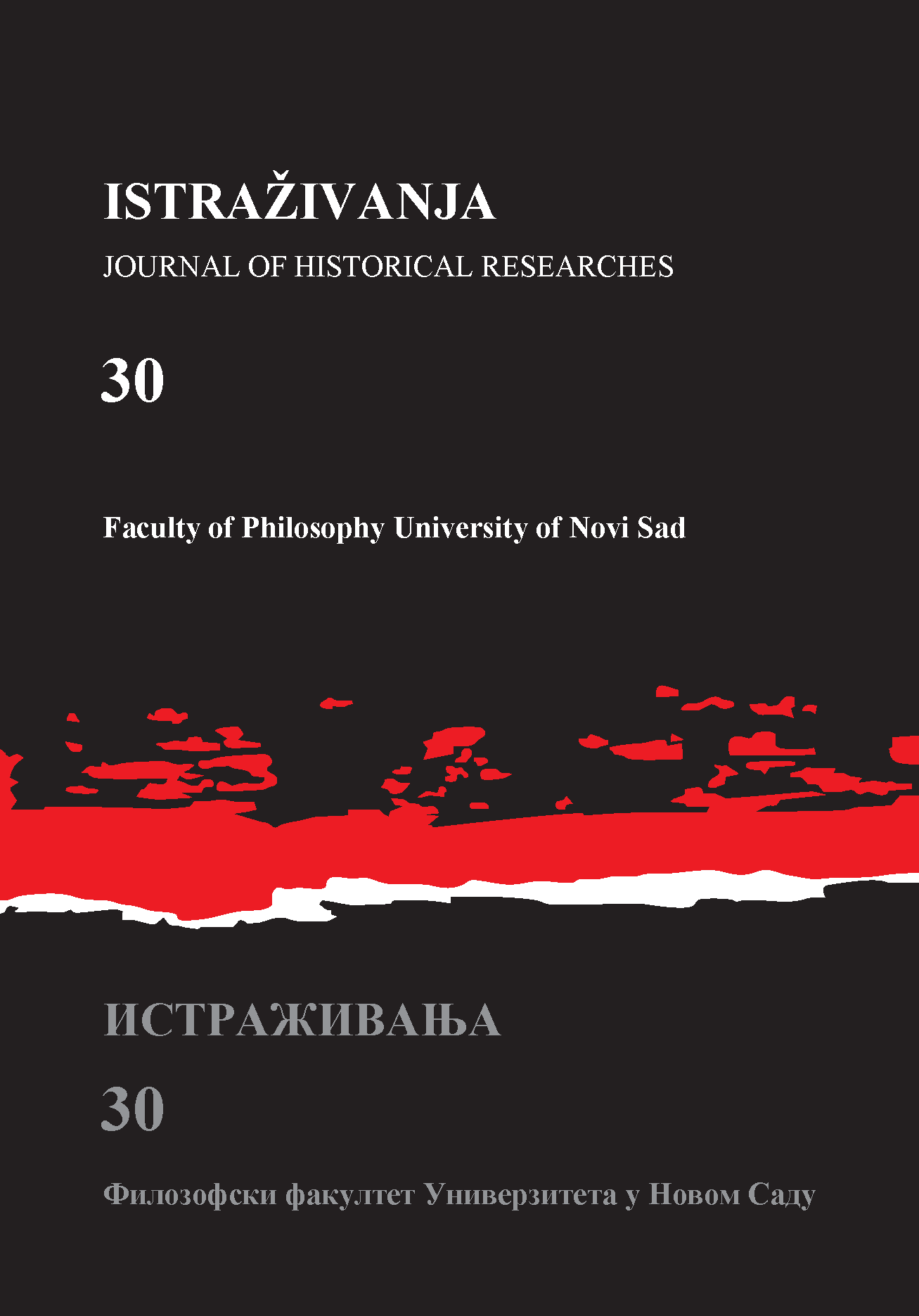ECONOMIC AND ALTRUISTIC MOTIVES IN PHILANTHROPIC WORK OF THE CARNIOLAN SAVING BANK 1844–1908
ECONOMIC AND ALTRUISTIC MOTIVES IN PHILANTHROPIC WORK OF THE CARNIOLAN SAVING BANK 1844–1908
Author(s): Nataša Henig MiščičSubject(s): History, Social Sciences, Economy
Published by: Филозофски факултет, Универзитет у Новом Саду
Keywords: Carniolan Savings Bank; philanthropy; charity work; donations; Regulation; boycott
Summary/Abstract: The article discusses the different reasons for very enthusiastic philanthropic work of the Carniolan Savings Bank. During the second half of the 19th century the social issue appeared in a changed form as an urgent question of improving the financial position of an increased number of poorer strata of the society. The management of the Carniolan Savings Bank was aware that the financial resources they collected could help with overcoming hardship and contribute to the general good. The board of the Carniolan Savings Bank donated a part of its net income for charity purposes every year. The paper deals with the period from 1844, the year of the proclamation of the Savings bank regulation, which allowed the use of surpluses for charitable and non-profit purposes. The period under scrutiny ends with the year 1908, when the Carniolan Savings Bank changed its policy of philanthropic activities because of the consequences that it faced after the “run” and boycott of the Slovenian part of the population in the Carniola province.
Journal: Истраживања
- Issue Year: 2019
- Issue No: 30
- Page Range: 157-170
- Page Count: 14
- Language: English

